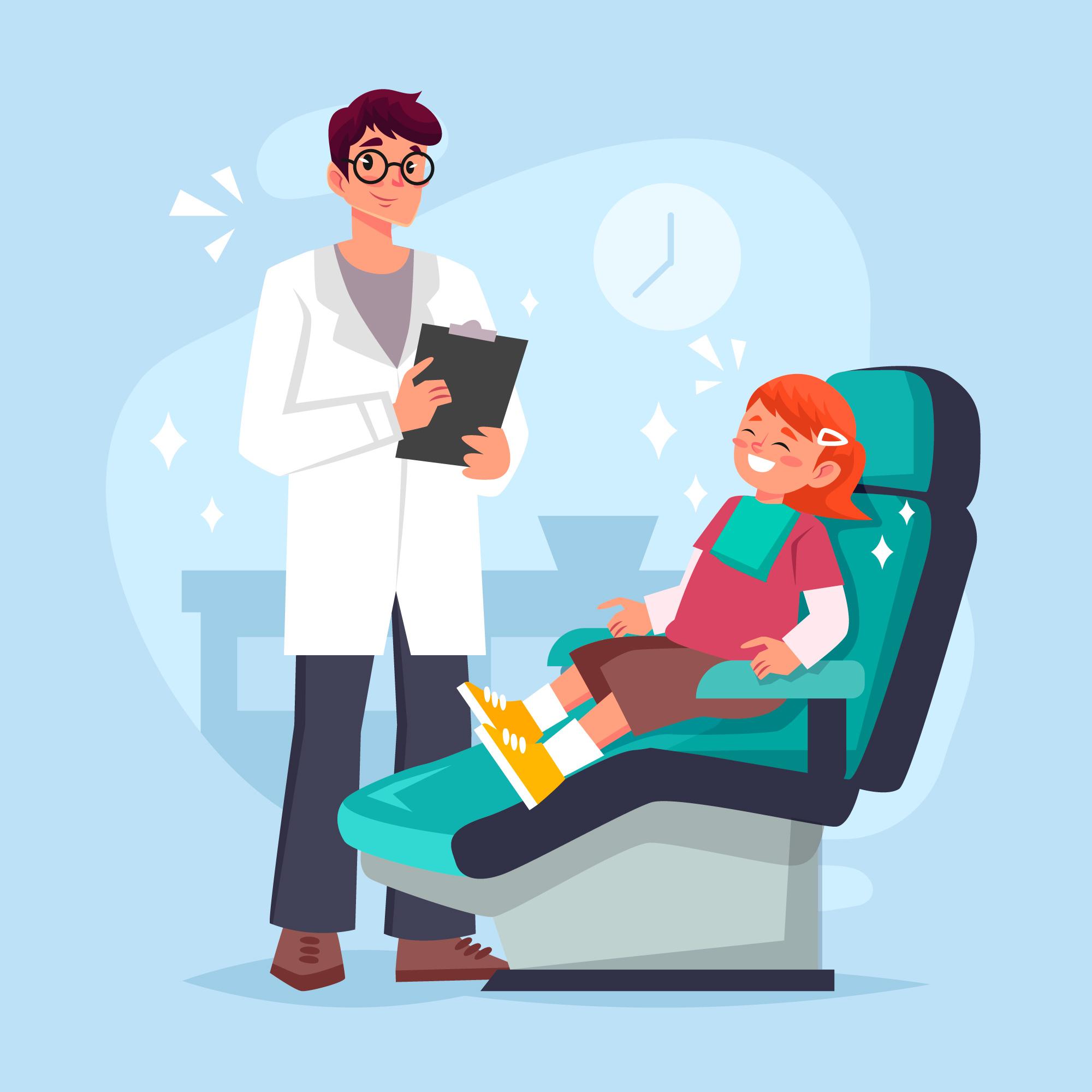
The Role of Hormones in Hyperthyroidism in Children and Adolescents: Diagnosis and Treatment
Introduction: While hyperthyroidism is often associated with adults, it can also affect children and adolescents. Understanding how hormones play a role in this condition’s diagnosis and treatment is crucial for parents and caregivers. In this blog, we’ll explore the impact of hormones on hyperthyroidism in younger individuals, along with the diagnosis and treatment options available.
Understanding Hyperthyroidism in Children and Adolescents: Hyperthyroidism in children and adolescents occurs when the thyroid gland becomes overactive, producing too much thyroid hormone. This can lead to symptoms such as weight loss, rapid heartbeat, irritability, and difficulty concentrating, which may affect their overall well-being and development.
Diagnosis: Diagnosing hyperthyroidism in children and adolescents can be challenging, as symptoms may overlap with other health conditions or typical behaviors of growing up. Healthcare providers typically perform a physical exam, review medical history, and conduct blood tests to measure thyroid hormone levels. Imaging tests like ultrasound may also be used to assess the thyroid gland’s size and structure.
Role of Hormones: Thyroid hormones play a critical role in growth, development, and metabolism, making their imbalance particularly impactful in children and adolescents. Excessive thyroid hormone levels can disrupt normal growth patterns, affect bone health, and impact cognitive function and emotional well-being.
Treatment Options: Once diagnosed, hyperthyroidism in children and adolescents can be effectively managed with appropriate treatment. Treatment options may include:
- Medication: Anti-thyroid medications like methimazole or propylthiouracil (PTU) are commonly prescribed to reduce thyroid hormone production and alleviate symptoms.
- Radioactive Iodine Therapy: In some cases, radioactive iodine therapy may be recommended to destroy overactive thyroid tissue and normalize hormone levels.
- Surgery: Thyroidectomy, or surgical removal of part or all of the thyroid gland, may be necessary in severe or resistant cases of hyperthyroidism.
Conclusion: Hyperthyroidism in children and adolescents can have significant implications for growth, development, and overall well-being. By understanding the role of hormones in this condition’s diagnosis and treatment, parents and caregivers can work closely with healthcare providers to ensure timely intervention and effective management, promoting the child’s health and quality of life.
To seek medical advice, always consult a Doctor. Here are our recommended experts. Click Here
To read more on Hyperthyroidism. Click Here


